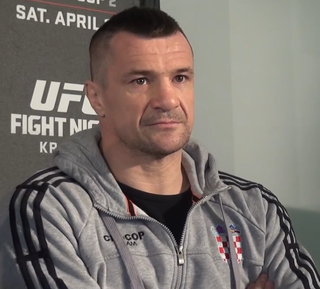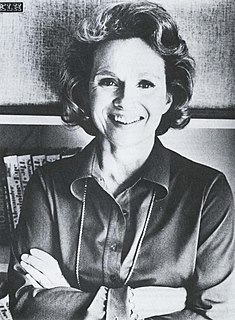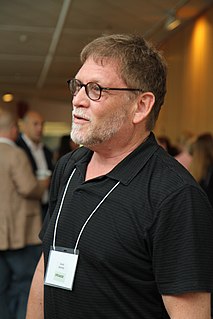A Quote by Sunita Williams
In my space journey, I felt vulnerable because we did not have anyone with medical background. When we make that big trip to Mars, we would need a doctor on board.
Related Quotes
Asteroids are deep-space bodies orbiting the Sun, not the Earth, and traveling to one would mean sending humans into solar orbit for the very first time. Facing those challenges of radiation, navigation and life support on a months-long trip millions of miles from home would be a perfect learning journey before a Mars trip.
The first men who set out for Mars had better make sure they leave everything at home in apple-pie order. They won't get back to earth for more than two and a half years. The difficulties of a trip to mars are formidable. . . . What curious information will these first explorers carry back from Mars? Nobody knows-and its extremely doubtful that anyone now living will ever know. All that can be said with certainty today is this: the trip will be made, and will be made . . . someday.
Did the Pilgrims on the Mayflower sit around Plymouth Rock waiting for a return trip? They came here to settle. And that's what we should be doing on Mars. When you go to Mars, you need to have made the decision that you're there permanently. The more people we have there, the more it can become a sustaining environment. Except for very rare exceptions, the people who go to Mars shouldn't be coming back. Once you get on the surface, you're there.
In the field of medicine, if you're sick you need a doctor. A doctor has already studied how to deal with your ailments, and human beings are imperfect. There any many ailments of the psyche and the soul that need to be treated, and the serious murshid, or spiritual master, is also really a doctor of the soul: a person who can heal the wounds of the soul in the same way as a medical doctor takes care of our physical problems.
When I was 15 years old I felt totally confident I would become a world champion and the greatest bodybuilder in the world. The same was true of show business - I knew that one day I would make more money than anyone else in the industry and I did. For that you need the willingness to work and do everything it takes to make the vision turn into reality.
Nobody just leaves medical school, especially given it's fiercely competitive to get in. But I had a sister who was a doctor, another who was a pharmacist, a brother who was an engineer. So my parents already had sensible children who would be able to make an actual living, and I think they felt comfortable sacrificing their one strange child.
People say, oh we just need charismatic leaders to continue on to Mars. Now we've gone to the moon, of course Mars is next. No. Mars was never, of course, next. It is next if you think we went to the moon because we're explorers, but if you know we went to the moon because we were at war then we're never going to Mars. There's no military reason to do it, to justify the expenditure.
Amazingly, 85 percent of prescribed standard medical treatments across the board lack scientific validation, according to the New York Times. Richard Smith, editor of the British Medical Journal, suggests that this is partly because only one percent of the articles in medical journals are scientifically sound, and partly because many treatments have never been assessed at all.






























